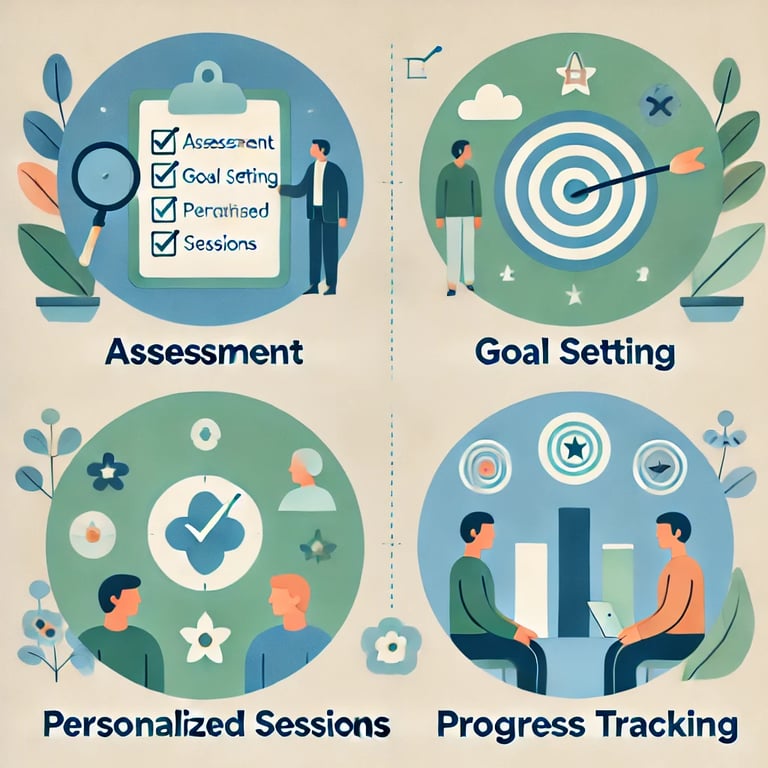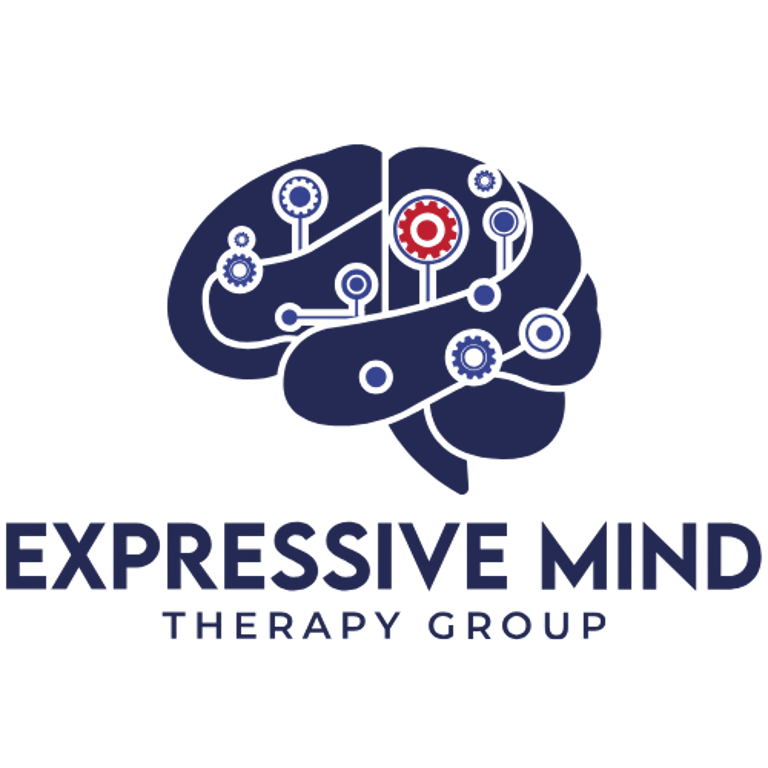Understanding Speech Therapy: What It Is and How It Can Help
Speech therapy is more than just helping people pronounce words correctly. It's a specialized service designed to improve communication skills, ranging from articulation and language comprehension to social skills and fluency. Whether for children learning to speak or adults recovering from an injury, speech therapy can make a world of difference in daily interactions.
Dana Zemke, CCC-Speech-Language Pathologist
11/7/20241 min read


What is Speech Therapy?
Speech therapy addresses a range of communication disorders by working on essential skills, including:
- Articulation: Helping individuals pronounce words correctly.
- Language Comprehension: Improving the understanding and use of language.
- Social Communication: Building skills like making eye contact, taking turns, and understanding social cues.
- Fluency: Assisting with rhythm and flow of speech, especially for those who stutter.
With personalized exercises and interactive sessions, speech therapists tailor each program to address specific goals and ensure lasting improvements.
Who Can Benefit from Speech Therapy?
Speech therapy isn't just for kids! While it's common for children to need help with speech and language, adults can benefit from therapy too. Here are some common candidates:
1. Children with Developmental Delays: Early intervention can make a significant impact.
2. Individuals with Speech or Language Disorders: Conditions like apraxia or aphasia often benefit from therapy.3. 3. Stroke Survivors: Regaining communication skills post-stroke is crucial.
4. Adults with Voice Disorders: Therapy can assist with vocal quality and pitch.
The Impact of Speech Therapy on Daily Life
Through speech therapy, individuals often experience:
- Improved Academic Performance: Speech therapy can enhance reading and comprehension, laying a solid foundation for academic success.
- Better Social Interactions: Communication skills are essential for making friends and understanding social dynamics.
- Increased Confidence: Speaking clearly and being understood boosts confidence, whether in the classroom, workplace, or social settings.
What Does a Speech Therapy Session Look Like?
Each session is tailored to the individual's needs. For children, sessions may include playful activities like storytelling or using picture cards. For adults, therapy might involve practicing sounds, learning breathing techniques, or role-playing social interactions. Every session aims to build and reinforce skills gradually, with take-home exercises to ensure continued progress.
If you or someone you love could benefit from speech therapy, reaching out for a consultation can be the first step toward improved communication and confidence. Schedule a consultation by calling 561.983.1230 or emailing info@novaspeechpathologyrestoration.com


